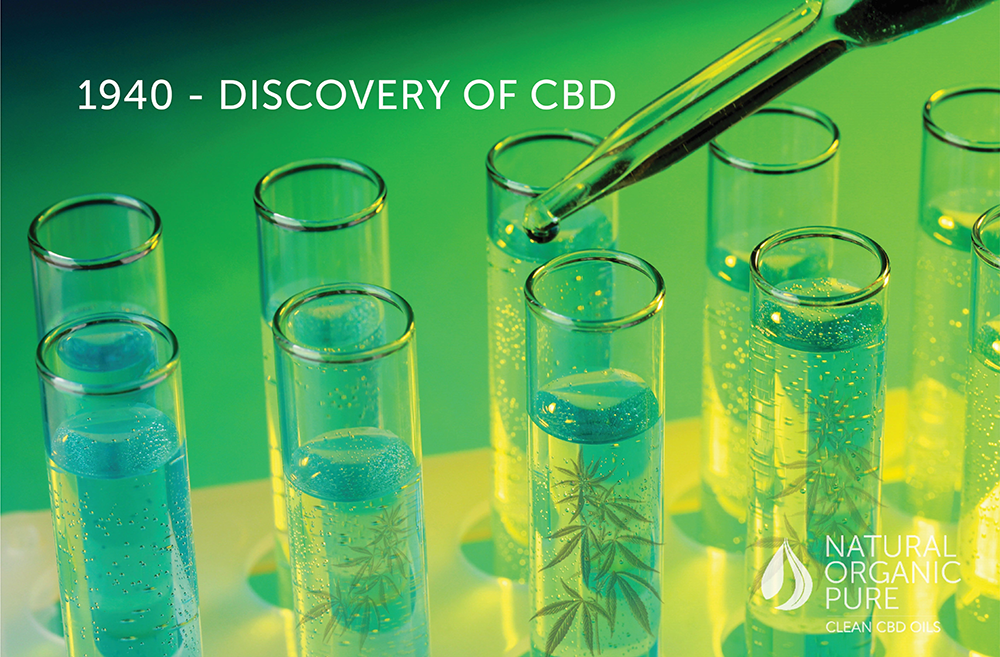
Roger Adams was the first person to discover and successfully isolate CBD in 1940. CBD is the abbreviation for cannabidiol. Cannabidiol is a phytocannabinoid found in the cannabis plant and certain varieties of hops. The CBD that is trending around the world is CBD derived from industrial hemp. There are slight variances with what is classified as industrial hemp in different places around the world. In the U.S. and Canada industrial hemp is a variety of cannabis that contains 0.3% THC or less. In the UK the requirement for industrial hemp is 0.2% THC or less.
Many times, when people start to talk about the discovery of CBD, they give credit to an Israeli organic chemist named Dr. Raphael Mechoulam. Mechoulam, a professor of Medicinal Chemistry at the Hebrew University of Jerusalem in Israel is often referred to as the "Father of Cannabis Research" for his role in the continued study of cannabis.
Dr. Raphael Mechoulam played a pivotal role in cannabis and what we understand about it today. He is without a doubt a credit to the cannabis community and to humanity. He wasn’t the one who discovered CBD and THC though. More specifically, he was the first to truly understand the discovery, repeat the process, and categorize it.
Organic Chemistry Discovers CBD
Plant alkaloids and complex vegetable oils are not what most people have a passion for. However, for those who do they stand to change life as we know it. Roger Adams was an American organic chemist born in Boston in 1889. In the 1930’s Adams began working with cannabis. By 1940 he had developed a better understanding of the plant than most anyone of the time.
The U.S. government hired Roger Adams to work on developing truth serum. Cannabis was one of the substances studied as a potential truth serum. Roger Adams and the team of researchers he led were the first to determine chemical constitutions of natural substances like cannabis, toxic cottonseed pigment gossypol, chaulmoogra oil, and other alkaloids.
Adams received his Ph.D. in 1912 from Harvard University. In 1916 Roger went to the University of Illinois, assuming the title Professor of Organic Chemistry and Head of the Chemistry Department. Roger Adams was also a scientific adviser for the United States government during World War II. Roger Adams made a historical discovery by successfully isolating the first cannabinoid, Cannabidiol (CBD). This same research also lead to the discovery of Tetrahydrocannabinol (THC).
Why Did it Take So Long for CBD to Become Public Knowledge
When Rodger Adams discovered CBD and THC, it was a prolific discovery. Unfortunately, at the time the significance of the discovery was not realized, or was it? CBD and THC could have played an invaluable role in shaping healthcare as we know it today. Fortunately, other researchers picked up, where Roger Adams left off. Dr. Raphael Mechoulam along with a team of researchers re-isolated CBD, in essence, sparking future research.
When we ask the question of why it's taking so long for the knowledge of CBD to become public the answer is often shrouded in a cloak of financial smoke screens. There's no real answer, but the United States government probably has a lot to do with it. They own a patent on cannabinoids. One of those cannabinoids is CBD. Cannabinoids hold a wide range of potential medical benefits. With the legalization of cannabis happening in more places around the world, research can finally begin to take place giving the public information and general knowledge about this widely misunderstood plant. CBD could be just the thing you need. Consumers report CBD helping to control and at times even alleviate the symptoms of anxiety, depression, and stress.
Many consumers also report feeling relief from pain, inflammation, and nausea. It doesn't stop there. CBD is also reportedly good for your skin and overall health from what many different studies on CBD and multiple consumers report. It seems the proper question shouldn't be what CBD can do for me, but rather, it should be what can't CBD do for me. There are many ways to take CBD. You can eat it, drink it, rub it on your body, wear it in the form of a patch and you can even inhale it. How will you choose to use CBD now that you have discovered it?


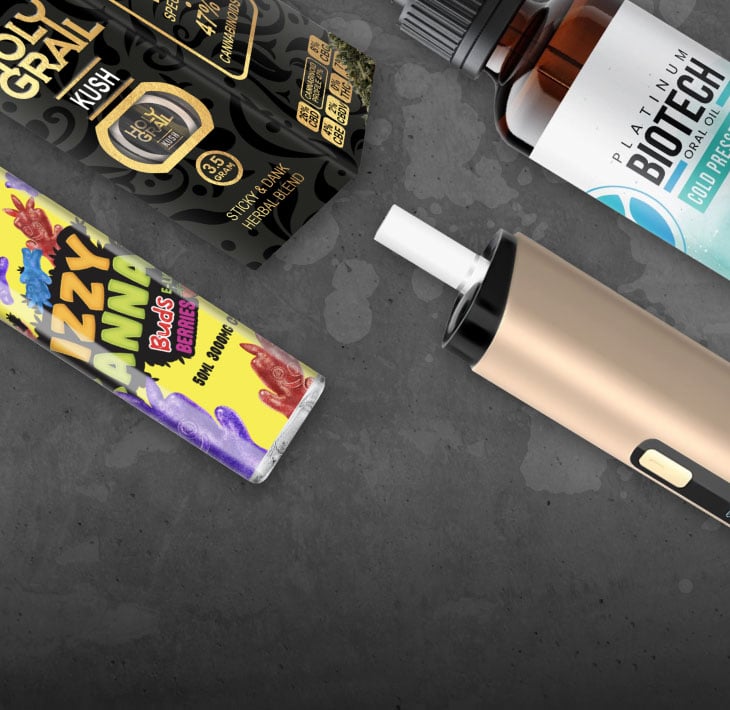
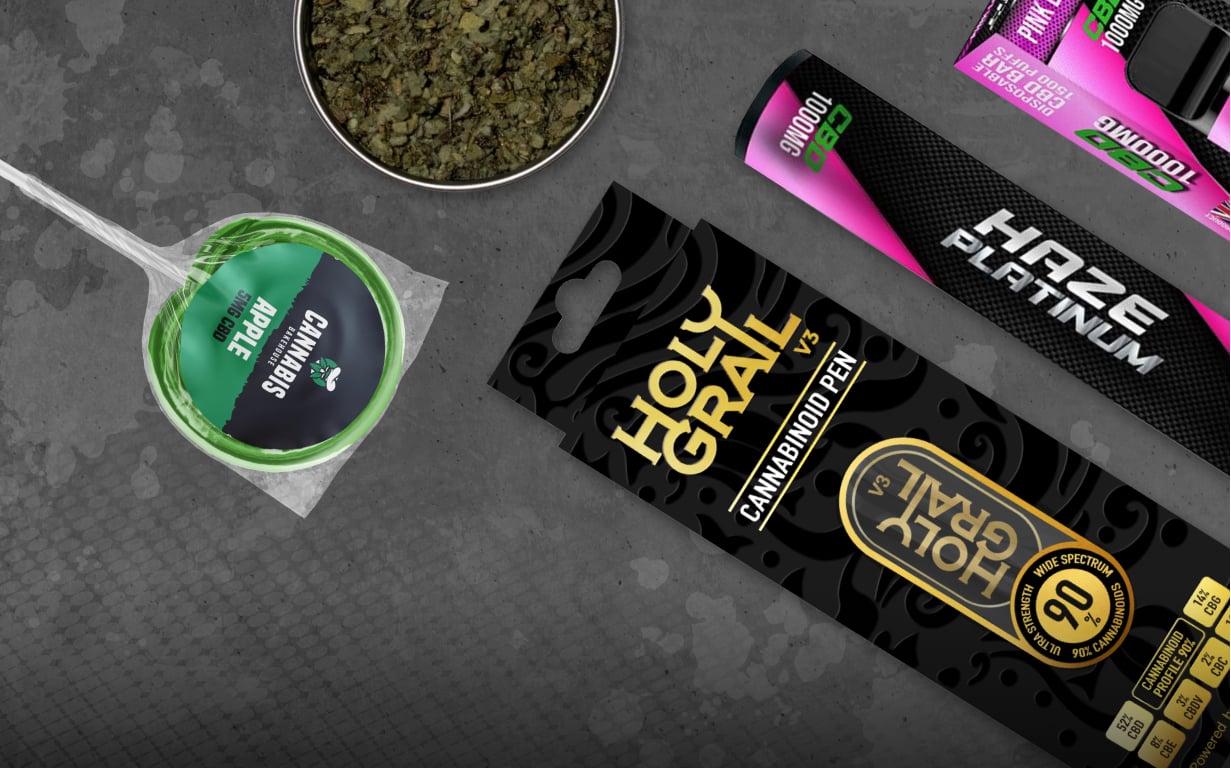
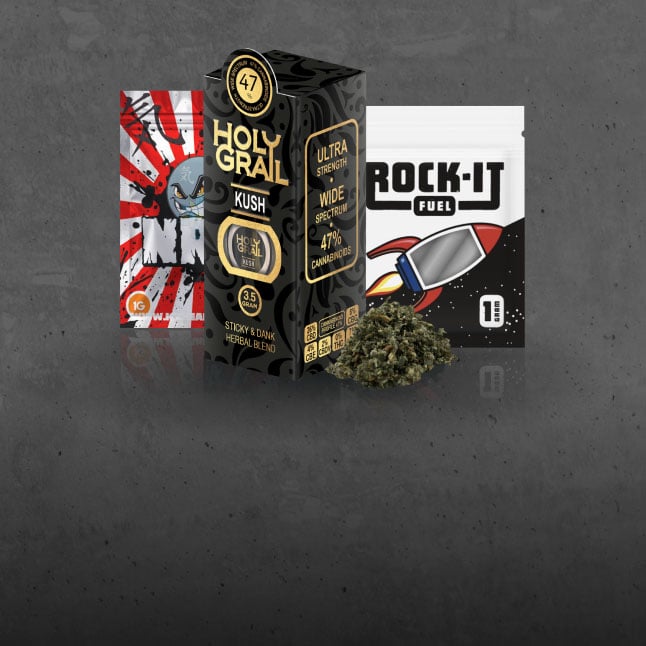
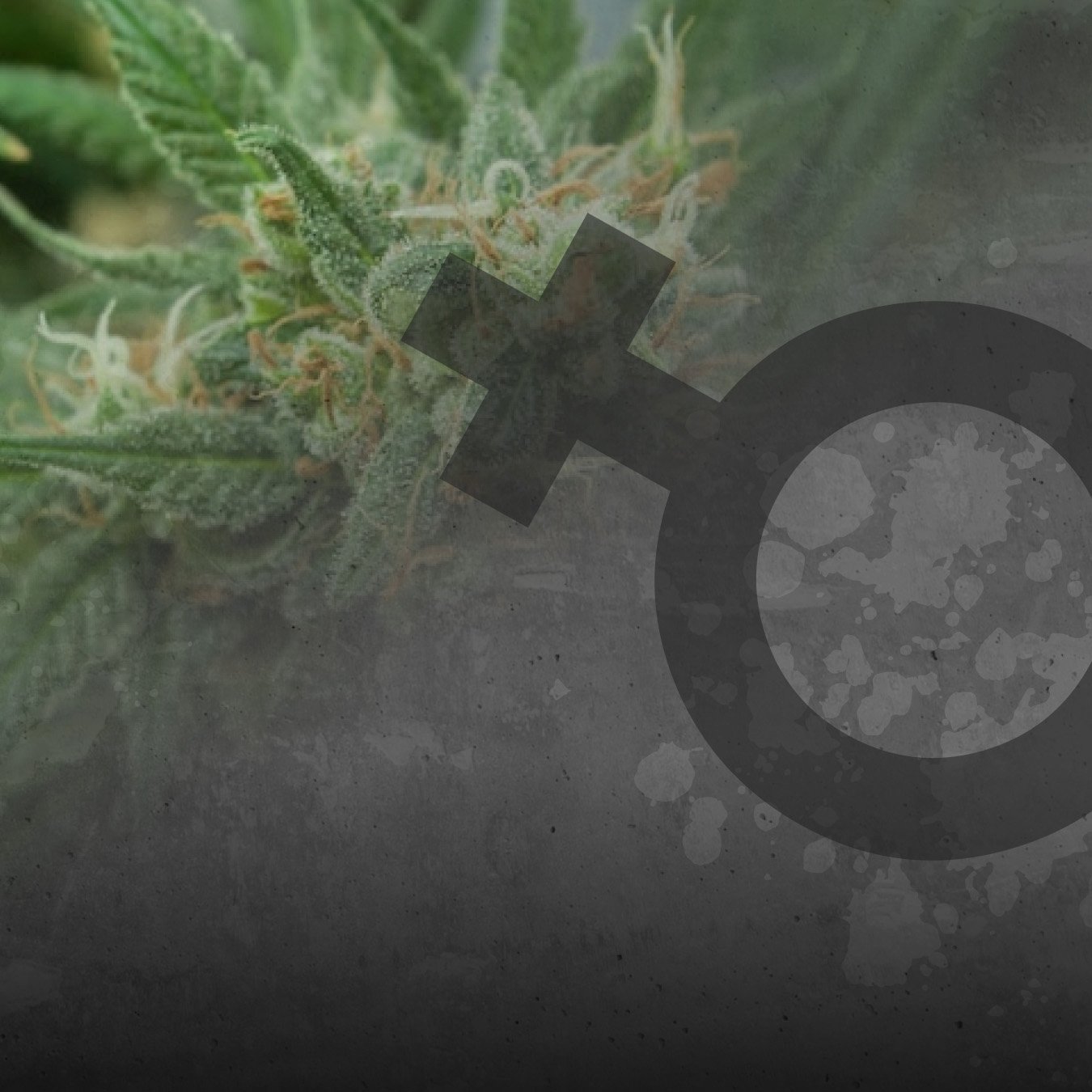
The information below is required for social login
Sign In
Create New Account